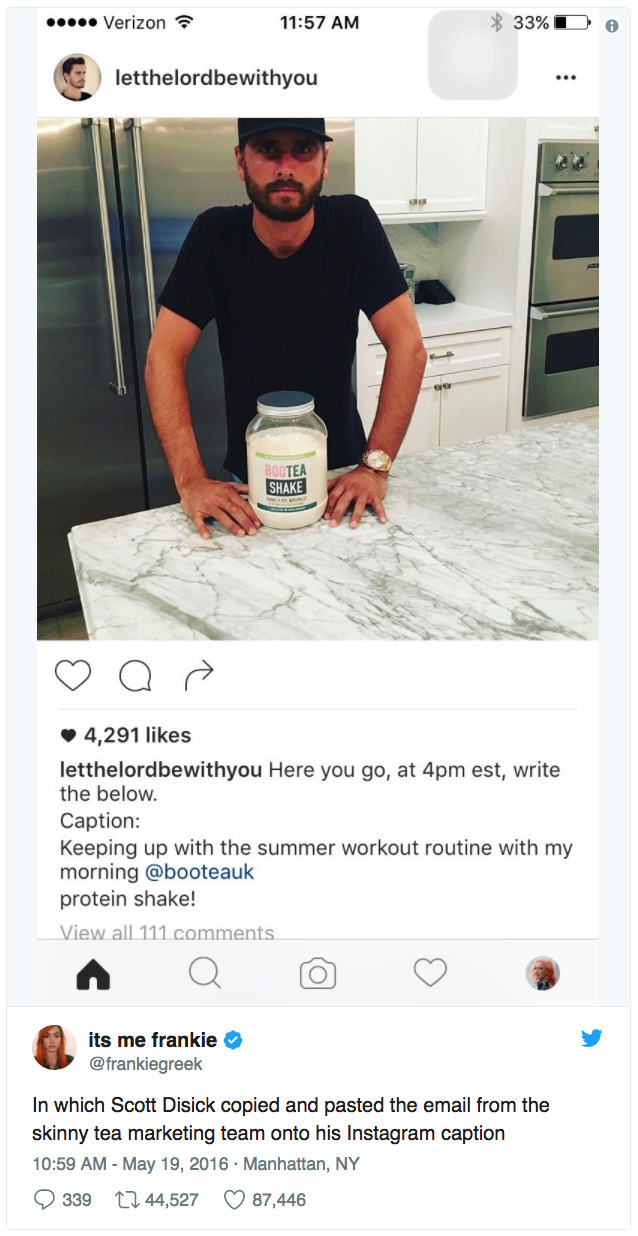Influencer Marketing
Remember the days of LiveJournal, GeoCities and Blogger?
For all the young millennials who may not recall, those were the days when people signed up for a blog simply to chronicle their days or share their inner musings with the World Wide Web.
I even remember the days of dial-up and — gasp — no internet at all (hellooo Oregon Trail). If you’re reminiscing like me, brace yourself.
It’s a whole new ball game.
It’s 2017. Ninety percent of Americans have said goodbye to dial-up internet and hello to Wi-Fi and smartphones. [1] AOL Instant Messenger is a thing of the past. (ICYMI, they’re shutting down in December.) Meanwhile, Instagram, Facebook and Pinterest continue to gain momentum.
Today’s uber-connected, always-on, instant-gratification world acted as a catalyst for yesterday’s word-of-mouth marketers to become …
Influencers.
What are influencers?
In the marketing world, they’re gold. They’re current and potential advocates with the capability to tell your brand’s story from their own perspective. And, unlike years ago, many of them do it for a living.
When done right, influencer marketing allows your story to reach the right audience in a way that is perceived as more authentic, more natural and more trusted than if it came from you (the brand). For some brand marketers, like those at Lagavulin, words were not always necessary. In their My Tales of Whisky campaign, they chose the perfect influencer, comedian Nick Offerman, to reach an emerging audience.

When done wrong, influencer marketing can cause the complete opposite to happen. If a brand tries to force-feed content, make their influencers follow every single, nitty-gritty guideline, use every trademark and speak like a robot, the brand will get something like this:

If you’re considering paid influencer marketing, ask yourself the following four questions.
1. How much is my company willing to invest in this initiative?
The costs associated with paid influencer marketing vary, but similar to media buying, it typically requires a minimum spend to fulfill a successful program.
Talk with your agency about your goals and expectations for an influencer campaign. The type of partnership you want will help determine the appropriate type of campaign. For example, if you simply want to test the waters with one influencer, your agency can help choose the right influencer and negotiate a contract on your behalf. But, if you want to work with five or even 10 influencers throughout the year, your agency may recommend utilizing a third-party vendor to help vet and manage the relationships with those influencers for cost efficiencies. By involving your agency in the program’s infancy, you can work together to come up with the appropriate solution.
2. Do I have an overarching communications campaign to support this program?
Like any tactic, paid influencer marketing tends to be most successful when it’s integrated with your marketing plan. It’s great if an influencer can create a Pinterest board showcasing your product and write blog posts detailing its uses. But, it’s much better if you can then secure banner ads, native content placements, video content and more to support the program. Integrated marketing agencies can help you strategize and address the details while keeping the big picture in mind.
3. Does my company have current partnerships that can be leveraged?
Influencers do not have to be celebrities. However, if you’re already working with sponsors, it might make sense to leverage those partnerships to create larger paid influencer campaigns.
4. Who is my target audience, and what do I know about them?
Before investing in a paid influencer campaign, establish a keen understanding of your audience. How old are they? What are their interests? Where do they shop? What do they read? If you already know who you’re trying to reach, great! If not, an agency can help by conducting research to inform your strategy and ensure that you find the right partner.
Partnering with the right influencer can make or break your campaign. Just as many daily blogs quickly turned into influential media outlets, today many companies claim to be influencer experts. It’s important to find the right fit for your brand.
